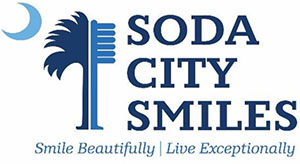All posts by Sherwood Forest
Sherwood Forest CRIER November/December 2025
Sherwood Forest CRIER for September/October 2025
Sherwood Forest CRIER for July/August 2025
Sherwood Forest CRIER for May/June 2025
Sherwood Forest CRIER for March/April 2025
12th Night Party Cancelled January 10th
Due to the Winter Weather Advisory in effect Friday January 10th we are cancelling the 12th Night party. Stay Safe and have a great 2025.

